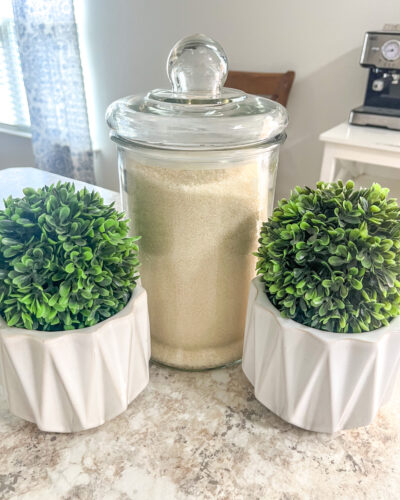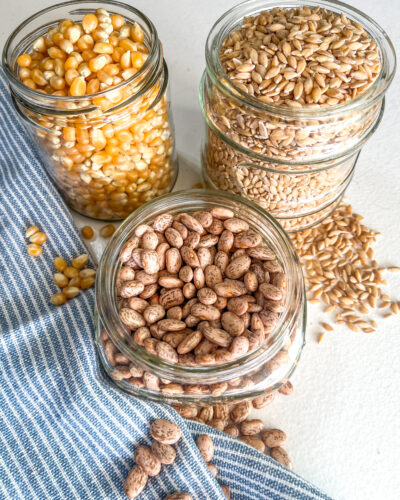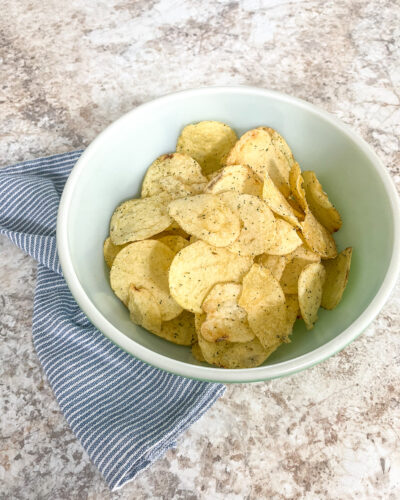
This post contains Amazon affiliate links. If you make a purchase through these links, I may earn a small commission at no additional cost to you. I only recommend products or services that I personally use or believe will add value to my readers. Your support helps keep this blog running and allows me to continue providing free content. Thank you for your support!
Coffee has been part of my morning routine ever since I was 12 years old. Recently, I became aware that conventional coffee contains a lot of pesticides. Is your coffee toxic? Let’s investigate.
Coffee is important because we consume it daily.
Most adults start off their day with a cup of coffee or two to wake them up and give them energy for the day. Drinking coffee in the morning has become a habit for me like brushing my teeth. If I am not able to drink a cup, my whole routine feels off. Often, many people will also drink more coffee in the afternoon when they are tired for an energy boost. When you are consuming something daily, especially multiple times a day, whatever is in that substance is going to accumulate in your body. So if you are drinking coffee that has been heavily sprayed with pesticides, those pesticides are slowly multiplying in your body and can damage your health.
Coffee is one of the most heavily sprayed crops in the world.
According to Frontiers in Public Health, “Due to the high consumption of coffee, both producers and consumers could be subjected to health risks due to pesticides in coffee, so attention should be drawn to the safety of coffee.” The organo-phosphorous pesticides sprayed on coffee obstruct a necessary enzyme. This enzyme (AChE) separates ACh into choline and acetic acid. When AChE is obstructed, your nervous system suffers. A study shows that exposure to these pesticides could possibly lead to Parkinson’s disease.
What about K cups and to-go cups?
What is even worse than drinking toxic coffee? Brewing the coffee in plastic K cups! According to Science Direct, “the brewing process requires high temperature and pressure which can cause harmful endocrine disruptors to leach from the plastic in the capsules and machine into the coffee.” These chemicals from the plastic cup go into your bloodstream. A better option would be to purchase a Universal stainless-steel k Cup for your Keurig.
When hot water goes through plastic, it leaches microplastics and chemicals. And then we drink those microplastics and chemicals. Microplastics accumulate in the body and can negatively impact the digestive, respiratory, and endocrine systems.
When you consume microplastics, they can inflame the digestive tract, unsettle your gut microbiome, and lead to chemical toxicity. Also they may induce oxidative damage in your respiratory system that brings on coughing, sneezing, and shortness of breath. Lastly, microplastics hamper the production of hormones which can result in metabolic, development, and reproductive issues.
Consider to-go cups for coffee. They are just made of paper, right? These cups are mostly paper, but the lining contains plastic that can leak around 25,000 micron‐sized microplastics. A better option would be to purchase a stainless steel travel mug for your coffee. If you want to purchase coffee on the go, have your travel mug handy so you can pour your beverage in that instead.
The best choice for non-toxic coffee?
Buy organic coffee that is free of harmful pesticides! Purchasing coffee in bean form is often cheaper, but mainly, freshly grinding your coffee beans makes your coffee taste better. I prefer dark roast since that makes the coffee less acidic. My favorite is Cameron’s Organic French Roast. In recent years, I have become sensitive to caffeine, so I also like Cameron’s Organic Decaf French Roast. The taste is great, and the price is comparable to mainstream brands. This coffee is pesticide-free and the same price as toxic coffee.
In the morning, I will usually make my coffee half caffeinated and half decaf so I get a little boost without feeling jittery. If I drink any coffee in the afternoon, it will be decaf so I won’t have any issues going to sleep.
What to put in your coffee?
Now that you have organic coffee, what should you put in it? I recommend you don’t use any creamers containing high fructose corn syrup and other additives. If you want to sweeten your coffee, use plain sugar or a liquid sweetener like monk fruit. Then add plain creamer. A few years ago, I switched to drinking coffee with only half and half creamer. I also added a dash of cinnamon and vanilla extract. Now, I simply like the taste of strong coffee with only half and half creamer.
This is the first post in the series, Healthy Eating Habits. Next week we will discuss artificial food colorings.
.



[…] to post 2 of the Healthy Eating Habits series! Here’s post one: Is your coffee toxic? Processed food is unhealthy. But you might not know exactly why. One ingredient in processed food […]